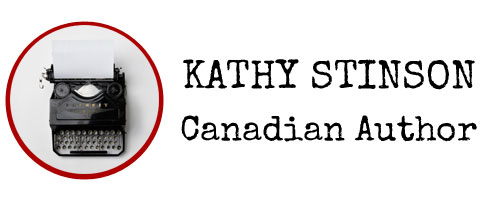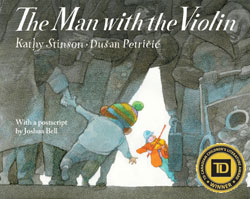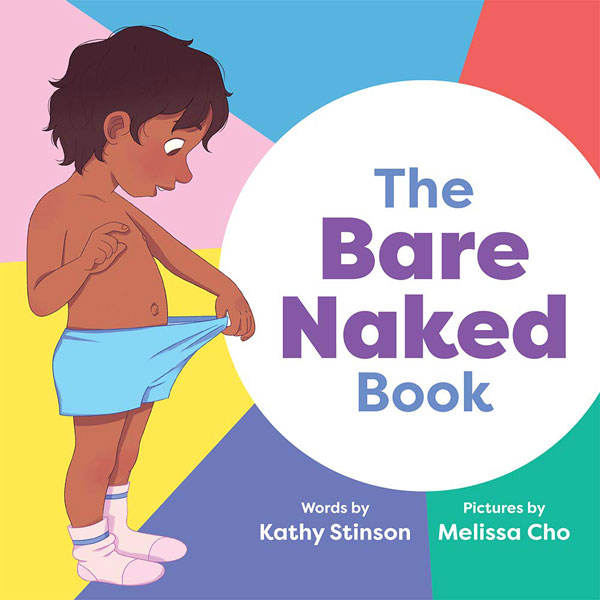Writing Tip – How to Not Engage a Reader
An ongoing problem with the novel I’m working on has been a tone that feels detached, almost reporter-like, which makes it hard for a reader to engage with what one of the point-of-view characters especially is feeling. Much as I enjoy the revision process, I sometimes shy away from dealing with global problems like tone and voice. I prefer dealing with problems that can be solved locally: tightening a scene here, fleshing out a scene there, heighten drama by switching the order of a couple of events or by changing through whose point of view a particular scene is experienced.
Well recently, when dealing with a minor issue in my novel (to avoid having to deal with any bigger issues), a phrase leapt out at me; it might have been:
David tries to comfort himself with the thought that…
Hm, I thought. That’s the kind of phrase that holds a character at a distance from the reader. If the reader is inside a character’s head, as they should be, the reader does not need to be told that David is comforting himself or that he’s having a thought. How about just what was actually in his head:
At least she first trusted him with knowing about Jacob, and he had kept her secret too.
I decided to skim through the manuscript for other places I might have inadvertantly created this problematic distance, this detached tone. It became a fairly mechanical exercise: delete problematic phrases, look at the sentences again, and wherever necessary rewrite them. Here’s a list of words I’ve now deleted from David’s scenes:
David can’t help noticing that David hates it when He wonders He likes gardening best when David thinks in a way that he hopes lets the woman know what he thinks of her suggestion. He figured that out he suspects David sees he notices David hopes Thinking David wonders David thinks David is thinking if he could think David is grateful to her David doesn’t see He doesn’t want to argue David hears He keeps telling himself that makes it feel like To stop his , and remembers hearing something, To stop himself thinking about that, David recognizes the voice David feels he’d give anything, he can’t stop himself from he can’t stand it When he sees he thinks but then he sees He wants He gets the impression He wishes David decides to He knows he’s heard When he sees the creeping sense that , he doesn’t know. Without deciding he’s going to, Why does he feel he tries to picture he can’t stop seeing He tries telling himself He’s been over it all dozens of times, things he’s heard and thought, and how things might have happened, trying to make things come out right, but he keeps on coming to the same question: Glad for he is happy this time sounds In no rush to get home, David wants He wishes he wishes David would like to say, he’s managed to quit turning possibilities over in his mind, and David hopes convinced that feeling heavier David has to admit David feels sweat David remembers David wishes David wants to that’s been bothering him Wishing he could David thinks David feels himself blush at the thought David wishes he sees David can see he can’t tell hoping she’ll explain. David doesn’t know he doesn’t want He remembers David can see David is afraid He wants to David sees how David pictures He wants David is not at all sure He glances down he does know that he can’t begin to imagine he wishes He doesn’t know he sees He has been thinking that he’s not so sure He has a feeling he’s going to feel David doesn’t know His memory… floods back. He sees He sees Remembering that For a second he thinks he doesn’t want to Out of the corner of his eye, David sees he avoids looking and knows right away David considers freezes him where he stands. David cannot imagine it. David doesn’t want David feels light-headed He should be pleased to know David feels like he is drowning Without thinking, he lets David sees David can’t stop wondering, Thinking he’ll For a moment David sees he sees he thinks he’ll he sees he feels he tells himself and David wonders Already he can feel He wants to he thinks of It bugs him that It also bugs David that David’s surprised that David would be happy to David wants to David thinks, it occurs to him that David feels the familiar… he sees that , wondering if and wondering if David can see that David doubts he will ever think Not knowing what he intends He would like to David hears that David knows he could he also knows David gets the impression David is almost embarrassed He feels David can see
I repeated this “exercise” with the novel’s other point-of-view character’s scenes. Her list is much shorter, but similar. Has the detached tone now been “fixed”? Probably not, but don’t you think it’s bound to be improved?! I won’t know till my next read-through, or maybe even till my esteemed writing group offers me more feedback. But before either of those things happen, I have more than a few more revisions to deal with. Please wish me luck!
Share this post:

Kathy Stinson is the author of the classic Red Is Best, the award-winning The Man with the Violin, and the GG shortlisted The Rock and the Butterfly. Her wide range of titles includes picture books, fiction, non-fiction, and poetry. She has enjoyed the privilege of meeting with her readers in every province and territory of Canada, in the United States, Britain, Liberia, and Korea. Currently president of CANSCAIP (the Canadian Society of Authors, Illustrators, and Performers), Kathy lives in a small town in southern Ontario.









Thanks for this Kathy. I'm struggling with a similar problem and this looks like a useful filter to check where things go off the track.
Glad this looks like a helpful approach, Rebecca. If your problem is similar to mine, this probably won't solve it entirely, but it'll be a good start. All best with your project.
I don't write fiction, but I have a similar issue when I'm writing blog posts. I often begin with a paragraph explaining why or how I came to be writing about a particular subject, which doesn't make for a very compelling introduction. Now, I allow myself to write that paragraph, just to get the thoughts out of my head, then delete it once the meatier part of the post begins. It's all about pulling the reader in!
As I was saying to my writing class in Guelph this week, I call that paragraph (or scene or chapter) that you allow yourself to write to get thoughts out of your head and delete once you've got to the meaty stuff "throat clearing".
I think many writers allow themselves to do this, because starting anywhere is better than not starting, and good writers learn to recognize where a reader is likely to get interested, and where they are simply "clearing their throats" as they prepare to say what needs to be said.
With regard to blog posts, I suspect that whether they start with the throat-clearing or the meat may determine whether or not a post even gets read. If readers can be impatient for a book or story to begin, I think they're probably even more impatient for a blog post to make its point.
Thanks for raising this other way that we can inadvertantly create distance between our material and our readers, Janet.
I've just completed a draft of a project I've been working on and have managed to get closer to my main character than ever before, but still there are moments, and scenes, where a stepped-back point of view pulls the reader away from the main character. Until now, I couldn't decide just what was wrong. This blog post describes the issue perfectly. Thank you for this! It appears I too need to go through the exercise of clearing the throat-clearing out of this story.
All the best with those revisions, Susan.